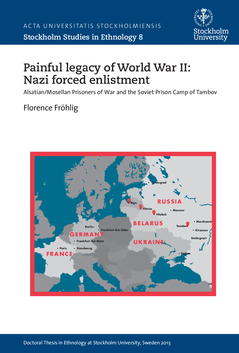This thesis is about four small IT service firms with offices in Sweden
and India. These four service firms set out to interact and collaborate
between the offices, some more intensely and frequently than others.
In the process of their internationalisation, they need to find ways,
or to learn, how to collaborate in an international setting, including
making use of physical as well as social proximity. In Proximity and
Learning in Internationalisation - small Swedish IT firms in India,
Westermark combines a discussion on proximities and processes of
learning to present a more thorough understanding of how social
proximity can develop over time, and furthermore, in what way
social proximity matters for service firms working in an international
setting.
The qualitative exploration of the process of learning is inspired by
'communities of practice', and Westermark focuses on ways in which
individuals at firms through social participation learn to collaborate
across distance, and develop a common way of working together in
an international setting.
This thesis continues the vibrant discussion in economic geography
on proximity as more than 'being there' in a physical sense. In this
discussion, the understanding of proximity is as a metaphor of
closeness, putting more emphasis on individuals and their experiences.
In this thesis, experience of closeness is empirically explored through
a longitudinal study. This includes trying to operationalise social
proximity by exploring the experience of social proximity amongst
the individuals at the case firms. More precisely, social proximity is
conceptualised as individuals experiencing 'shared social familiarity'.







